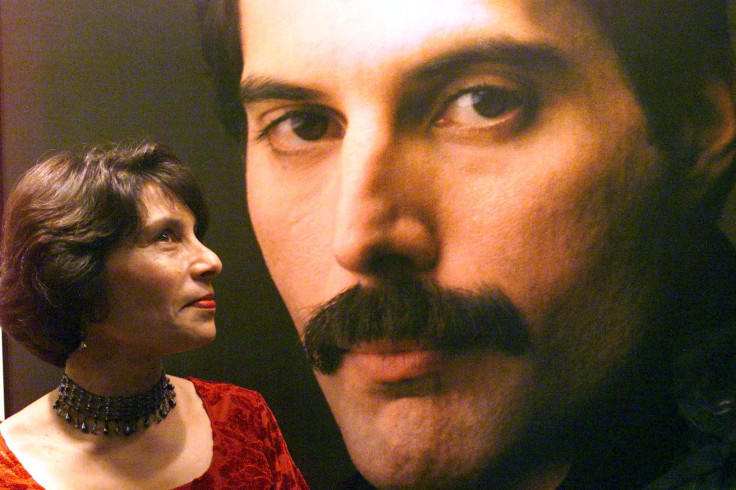Freddie Mercury Gets Asteroid Named After Him As 70th Birthday Gift

“I’m a shooting star leaping through the skies” and “I’m burning through the sky” are both lines from “Don’t Stop Me Now,” one of the many songs that made Queen the legendary band it is. Freddie Mercury, who wrote and sang those words, would perhaps be pleasantly surprised to find that he has become their embodiment.
On what would be his 70th birthday had he still been alive, Mercury was honored posthumously on Sept. 5 with an asteroid named after him. The announcement was made by band member Brian May, who, rather fittingly, has since earned a PhD in astrophysics. In a video published Sunday, May announced Asteroid 17473 Freddiemercury.
The asteroid was discovered in 1991, and is about 3.5 kilometers (about 2 miles) in diameter. It is situated in the main asteroid belt between Mars and Jupiter, and reflects only about 30 percent of the light that strikes it, making it almost impossible to spot without a powerful telescope. In May’s words, “it’s just a dot of light but it’s a very special dot of light.”
A certificate of citation was issued by the International Astronomical Union and the Minor Planet Center, which says: “Freddie Mercury (Farrokh Bulsara, 1946--1991) was a British songwriter and the lead singer for the legendary rock group Queen. His distinctive sound and large vocal range were hallmarks of his performance style, and he is regarded as one of the greatest rock singers of all time.”
The asteroid was chosen for being discovered in the same year Mercury died, as well as the fact that its provisional name — FM3 — contained Mercury’s initials.
More information about the asteroid, including an orbit diagram, can be found here.
© Copyright IBTimes 2024. All rights reserved.











